Takeaways from the Emergency in Tigray
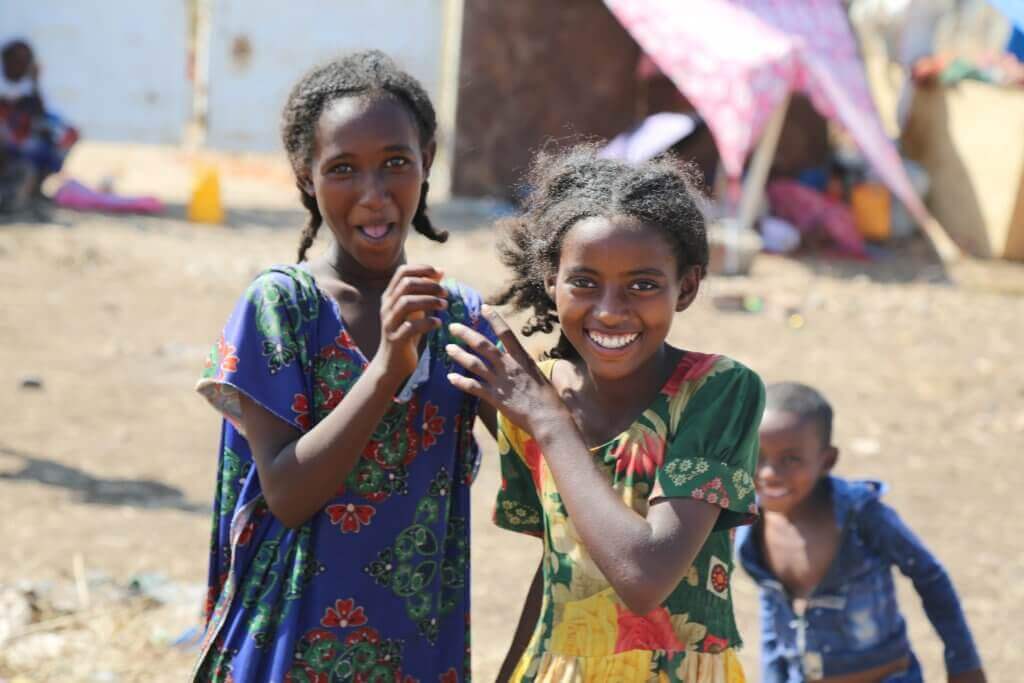
Tigray is a region in northern Ethiopia that sits between the country of Eritrea to the north and the Ethiopian capital of Addis Ababa to the south. Since November 2020, conflict has been unfolding between the national government in Addis Ababa and the regional government of Tigray. Women and girls in Tigray face extreme barriers to care. Here is what you need to know about the crisis there:
The situation is bad, but it could become much worse
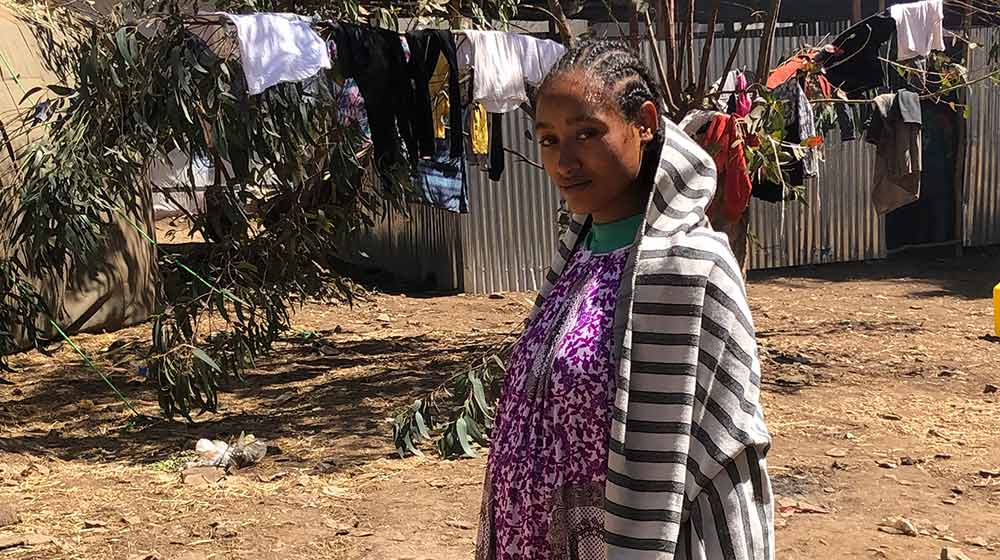
In November 2020, the United Nation’s Human Rights Council expressed concerns that the conflict in Tigray could, “spiral totally out of control, leading to heavy casualties and destruction, as well as mass displacement within Ethiopia itself and across borders.”
In the months since the conflict is getting worse. Reports of massacres, airstrikes, and sexual violence are emerging from the region. Over 2 million people have become displaced as a result of the conflict. Tens of thousands of people have fled their homes for neighboring Sudan. Additionally, in a recent briefing to the UN Security Council, senior officials warn 400,000 people are estimated to be in near-famine conditions, and another 1.8 million people are at risk of famine. As the crisis continues, the likelihood of more deaths and displacement only increases.
The Tigray Conflict : Violence and barriers to care for women and girls
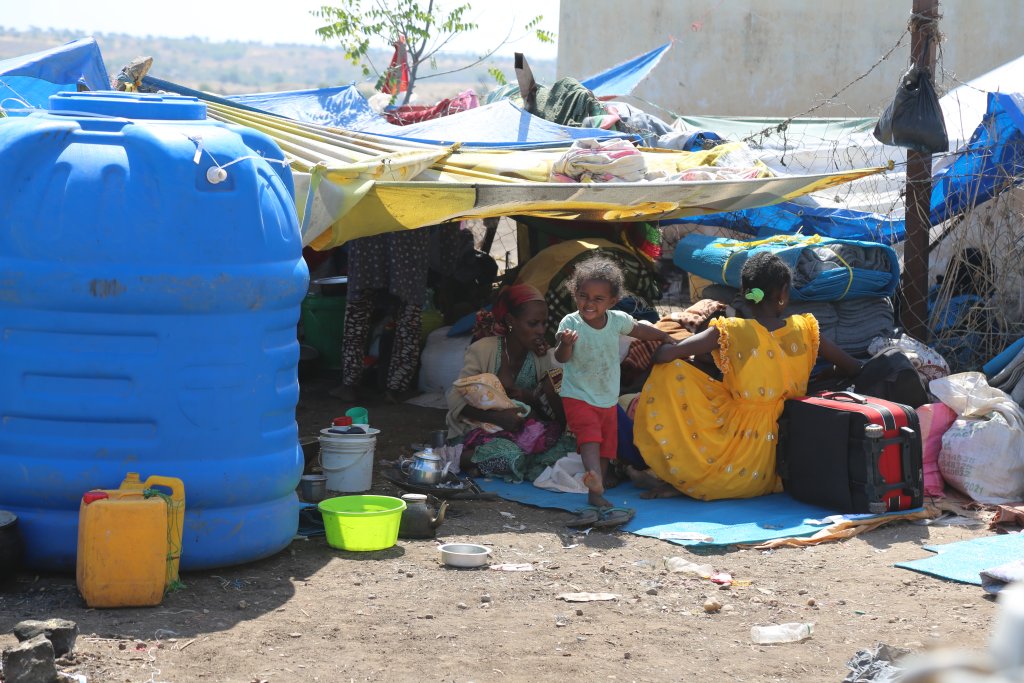
Women and girls are at increased risk of sexual violence. In Mekele, the capital of Tigray, numerous reports of rape have been recorded. There is less information on the more rural areas of Tigray, but women going to health facilities are reporting sexual assault in their communities.
Months of violence have decimated the health care system. Doctors Without Borders reports that over 80 percent of health care facilities in the region have been destroyed or looted. One health provider noted that HIV prophylaxis medication, which can prevent HIV infection for those at risk, is not available due to looting. This is concerning as the HIV infection rate in the area is relatively high.
Similarly, the conflict has put the health of many mothers and their newborn babies at risk. Currently, only four healthcare facilities in the region can perform procedures such as Caesarean sections, blood transfusions, and other emergency care.
Women and girls in Tigray need access to family planning, protection from violence, and the full range of sexual and reproductive health care.
An ongoing communications blackout has caused confusion
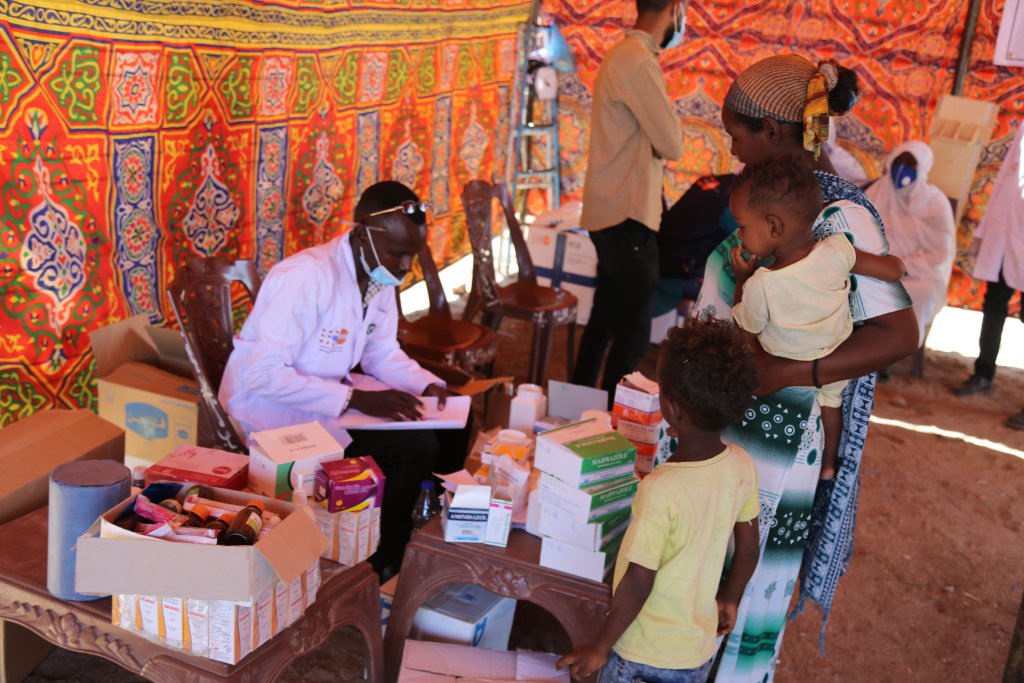
A communication blackout in Tigray has made reporting on the situation very difficult. Aid organizations are unable to assess needs, and journalists are unable to investigate human rights abuses. Those living in Tigray have little or no access to electricity and news media.
The lack of media makes it difficult to track the conflict’s movement and full impact. Restrictions on the region create challenges in getting information out of the region and support and aid in. The federal government in Ethiopia unilaterally announced a ceasefire on June 28th to last until the end of September. The ceasefire intends to allow aid deliveries and farmers to grow crops. The UN Secretary-General welcomed the unilateral ceasefire as it displayed a commitment to allowing humanitarian aid in. Meanwhile, Tigray forces are said to have taken control of more territory, and both sides have damaged local infrastructure. The ceasefire announcement also came with internet and phone lines used for aid operations being severed. The communications blackout accompanied by blockades to enter the region are making it increasingly difficult to deliver necessary humanitarian aid to the region
UNFPA and other aid organizations are providing care
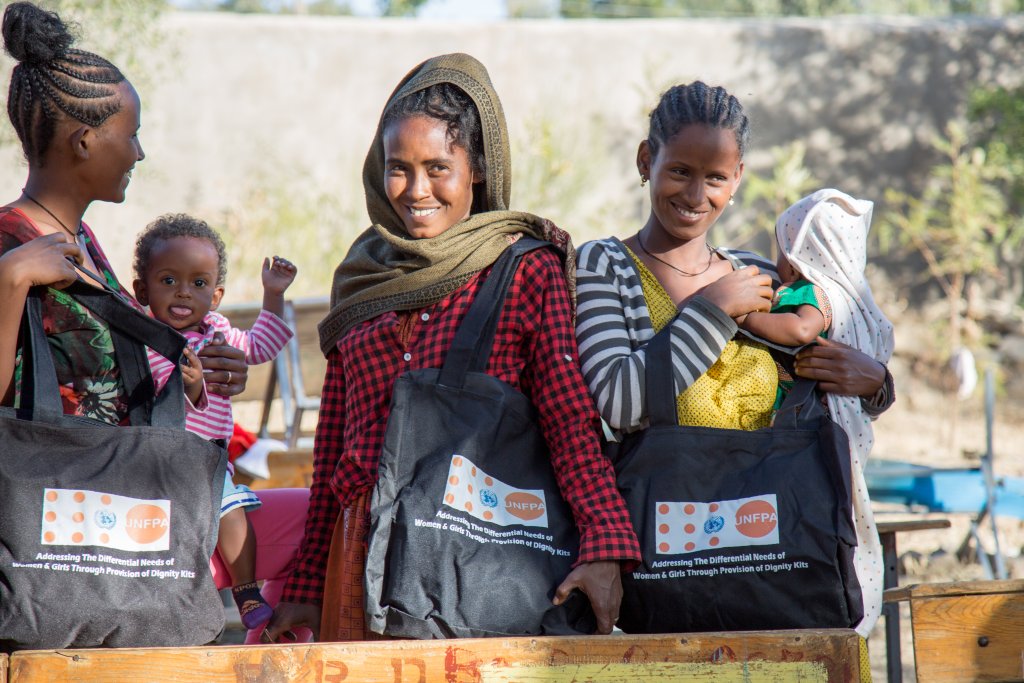
UNFPA and other aid organizations continue to work to provide care as the conflict develops. UNFPA has positioned dignity kits, emergency birth kits, rape kits, and reproductive health kits around Tigray so women and girls can receive aid. The UN Population Fund operates mobile health clinics. The clinics are better able to reach migrating or isolated women and girls. UNFPA is in the process of scaling up its efforts in the region to better serve women and girls.
To support maternal health UNFPA is deploying 60 midwives and seven mobile health teams, and scaling up the provision of medical supplies and equipment. In addition, UNFPA is establishing seven maternity waiting homes are to provide pregnant women room and board close to a health facility. These maternity waiting homes provide a safe environment and services to women towards the end of their pregnancy outside of clinics dedicated to deliveries. The waiting homes also connect them to running facilities where they can later deliver their babies.
In response to the increase in sexual violence, UNFPA is scaling up its support to safe houses that provide clinical management of rape and psychosocial counseling while connecting women to other sexual and reproductive health services. At the same time, UNFPA is establishing more one-stop centers that can serve as safe spaces for women and girls. Continuous access to sexual and reproductive health care is imperative to ensuring that all women and girls can reach their full potential, even during a developing humanitarian emergency.
We participated in a panel with the organization Health Professionals Network for Tigray in March 2021. You can learn more about the Tigray conflict and women and girls by listening to this panel from Health Professionals Network for Tigray.
Your donation to these lifesaving efforts supports women and girls in places like Tigray.